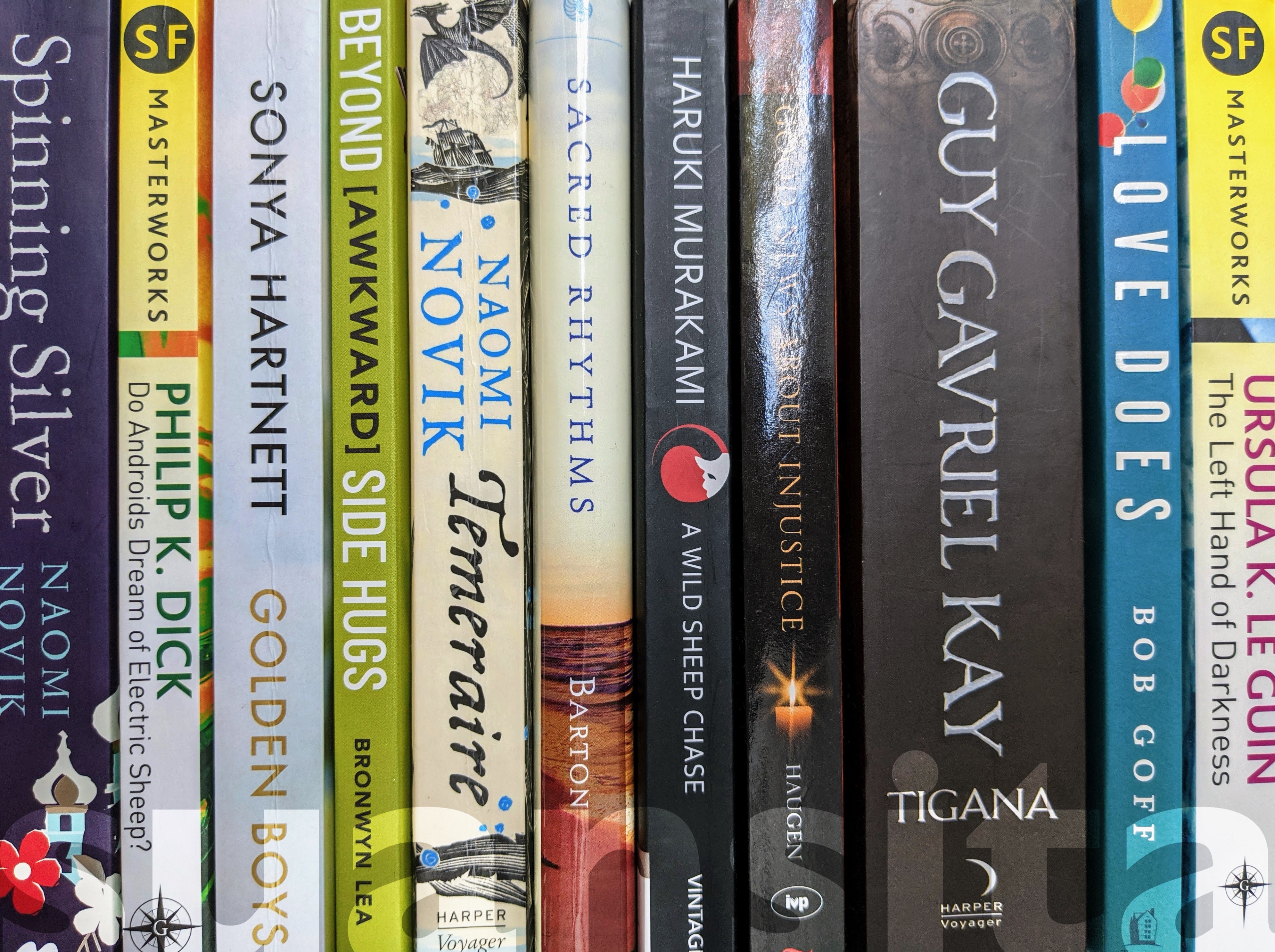What can I say, I’ve always had impeccable music taste.
But no, seriously – I haven’t posted this video to “Bryan-roll” you. Yesterday morning whilst kind of listening to the sermon and kind of not, I began to see one of my favourite childhood songs (and airport/elevator staple) in a whole new light. Maybe Bryan Adams had a point: “Everything I do, I do it for you.” You don’t get much more counter-cultural than that.
Please stay with me, folks. There is a point to this: what I actually want to talk about is politics and culture.
Joe: opportunity, not entitlement
In the course of some research for work I was doing leading up to this year’s Budget, I stumbled upon Federal Treasurer Joe Hockey’s speech, The End of the Age of Entitlement. Since then, the concept of a “culture of entitlement” has been on my radar; buzzing gently, but on my radar nonetheless. I am by no means a supporter of the Budget nor of all of the arguments Hockey makes in his speech – however I do agree with the broad claim that we live in an age of entitlement and it’s not sustainable. It has to end.
SBS’s Insight programme last week was, well, insightful. There were a variety of voices and life experiences, and nuances in opinion. One young man I found particularly frustrating. Living off government benefits because he can’t get a job in his chosen career path of IT, his argument was essentially: “I’m an IT professional, I shouldn’t have to degrade myself working in a cafe whilst looking for an IT job.” (Yes, he actually used the word degrade!) He definitely felt the government had a duty to help him pursue his dreams.
Most of the other voices were really quite reasonable and on the whole I sympathised with them. But taking a step back there was still one pervasive undercurrent (which, interestingly, is also present in Hockey’s arguments) that made me a little uneasy: that we deserve good things, that the world owes us something.
Some of the participants argued that we serve society and society owes us one. Or, from Hockey’s perspective: we work hard and the state lets us reap the benefits of our own efforts. Whichever way you look at it – and this goes beyond the relationship between the individual and the state – we believe in a kind of karma: that if we do good stuff, good stuff should happen to us in return.
I disagree. I actually think meritocratic principles can be unfair. Much of the privilege that both Joe Hockey and I enjoy is a result of our parents’ hard work and commitment; yet there are parents out there who have worked far harder than ours and despite this, they and their children are still living in poverty.
I know this goes against the very foundations of liberal democratic society. I’ve never identified as a liberal, and perhaps I am no democrat either. I am opposed to human rights and rights discourse as a whole essentially because it is so me-focused. Democracy itself, when you think about it, is me-focused. It lets me be my own god, determining my own life, my own destiny, deciding what’s right and wrong for me. It deals with the “problem” of you and me being different by making us equal – at least in theory. “Do whatever you want as long as it doesn’t hurt anyone else” is the compromise, an attempt to balance all of our egos. This so called “equality” is a means by which each of us can be supreme. Kind of.
Bryan: lessons from a power ballad
But what if we all took a leaf from Bryan Adams’ 90s songbook and decided that everything we do, we do it for someone else? Not for ourselves. What if we told Maybelline that it’s irrelevant that “you’re worth it” or that “I’m worth it”, and instead spent our money not on cosmetics for ourselves but on on basic necessities for those who struggle to eke out a living?
Generosity beats taxation anytime, but we have a tax system because we wouldn’t get far enough on goodwill alone. There simply isn’t enough of it around. In that sense tax is further evidence that we live in a fallen, less-than-ideal world.
The rhyming lyrics are hardly original, but there’s something in the sentiment:
Look into your heart, you will find
There’s nothin’ there to hide
Take me as I am, take my life
I would give it all, I would sacrifice
Don’t tell me it’s not worth fightin’ for
I can’t help it, there’s nothin’ I want more
You know it’s true
Everything I do, I do it for you
What if we could transfer some of the ideals of romantic love into everyday life? What if we were willing to make sacrifices not only for our life partner, our children, our immediate family – but also for perfect strangers and the greater good (whatever that is)? Sometimes I think I see beginnings, shoots of this, in some anecdotes, in some campaigns: veganism, fair trade, to name just two. It’s the closest we get to a culture of grace.
So in a match-up, little naive me really wants romantic Bryan to trump practical Joe. But in this world and culture, romance is confined to pop songs and popcorn films and Joe has the weight of reality in his favour.



